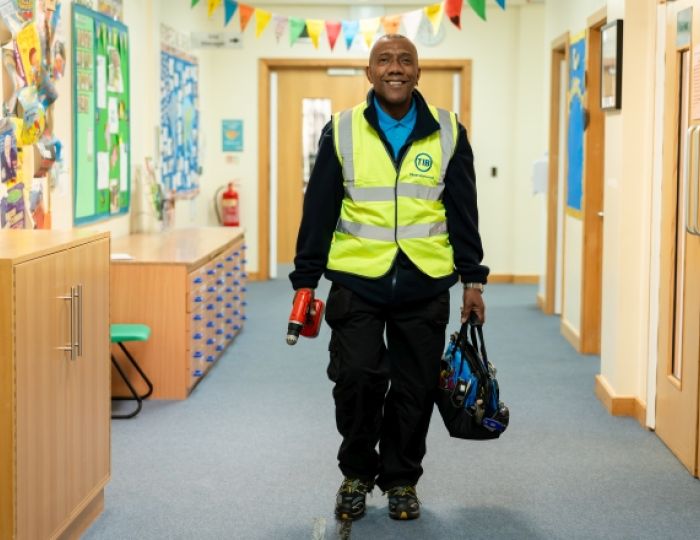It’s difficult to have a conversation about someone’s general attitude and demeanour, since these can come across as aspects of someone’s personality that you’re unlikely to change.
This is right, in that people’s personalities tend to be resistant to change, but it’s not their personality we’re looking to alter here – it’s their behaviour.
The key to having a successful difficult conversation about behaviour is to be extremely specific about the behaviour that’s causing the issue; in this instance, what it is that’s making them come across as miserable.
If you were to simply say ‘You’re miserable,’ you’re hardly being fair to them. They may not even be aware that this is how they’re coming across – even if it’s obvious to you – never mind why. If you try and bring it up with them like this, their response will be at best defensive, and at worst, actively hostile.
Breaking down exactly what makes your reception convey a negative and unhelpful attitude can help you formulate the issues in a more specific and approachable way. Examples I’ve previously seen include keeping people waiting at the reception desk; adopting a brusque tone of voice; and actively ignoring people entering the reception area.
Talk to the staff about these behaviours and habits, and clearly outline what you’d like to see instead. For example: “I feel that you can come across as unhelpful on reception, and this shows up in several ways. You can often keep people waiting when they arrive. It would be better if you stopped what you were doing and greeted them.”
Positive change
I’ve seen this approach work well in the past because it’s clear, and gives the other person all the information they need to make the changes you’re looking for.
Whether those changes actually get made will depend on their willingness to acknowledge the existence of the behaviour you’ve highlighted (ideally via a clear and succinct explanation). Having agreed that their behaviour is causing problems, it’ll then be down to them to decide how they’re going to change their behaviour as a result.
Not everyone manages to make the change successfully, but I’ve seen more receptionists than not make those positive changes and shake off those lapses into miserable and unhelpful behaviours.
Sonia Gill is founder of the consultancy Heads Up, which specialises in making schools outstanding, and author of the #1 ranked books Successful Difficult Conversations in School and Journey to Outstanding; if you found this article useful, sign up to Heads Up TV and receive weekly 2-minute ‘top tips’ videos for holding ‘successful difficult conversations’ – see ukheadsup.com/headsuptv for more details










